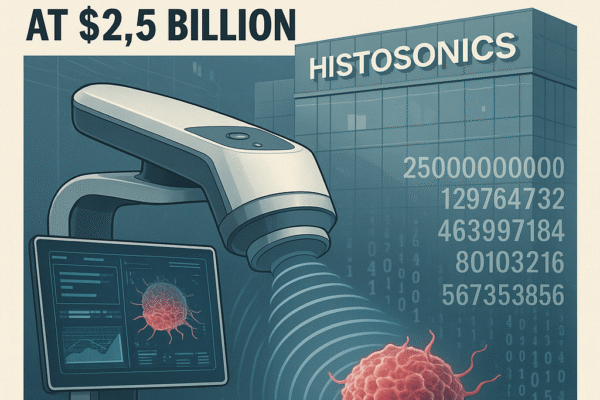- Landmark Ruling: The European Court of Justice (ECJ) nullified the EU’s probe into Illumina’s $8 billion acquisition of Grail, a cancer diagnostics firm, ruling that the European Commission lacked jurisdiction.
- Regulatory Clarity: The decision underscores the need for clear guidelines on jurisdictional boundaries, reducing uncertainties surrounding regulatory oversight in the biotech and pharmaceutical M&A landscape.
- Fostering Innovation: By potentially lowering regulatory hurdles for similar acquisitions in the genomics sector, the ruling could promote innovation and competition in cancer detection technologies.
- Precedent-Setting: This case sets a precedent for jurisdictional challenges in biotech M&A, influencing future deals and strategies to navigate complex regulatory landscapes.
- Balancing Act: Regulatory bodies must strike a balance between promoting innovation in healthcare technologies and maintaining fair competition within the biotech industry.
- Historical Context: The Illumina-Grail case is not an isolated incident, with other biotech giants like Roche and Novartis facing similar regulatory hurdles in acquiring diagnostics companies.
- Investor Confidence: The reduced regulatory risk could positively impact Illumina’s stock performance, as investors welcome the decision aligning with the company’s stance.
- Collaborative Strategies: To avoid regulatory scrutiny, companies may opt for more collaborative approaches, such as partnerships or joint ventures, rather than outright acquisitions.
- Jurisdictional Boundaries: The ruling highlights the complexities of determining jurisdictional boundaries in the tech and biotech sectors, where traditional revenue thresholds may not apply.
- Future Outlook: As the biotech industry continues to advance, regulatory bodies will need to adapt their approaches, ensuring that advancements in healthcare technologies are not hindered by unnecessary regulatory barriers while still promoting fair competition.
EU Court Greenlights Illumina-Grail Merger: Industry Implications





